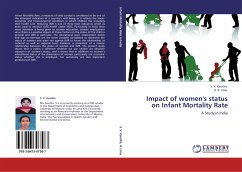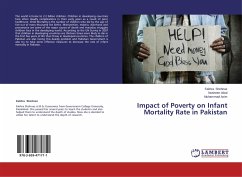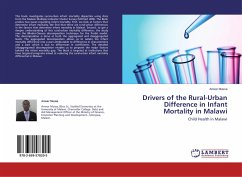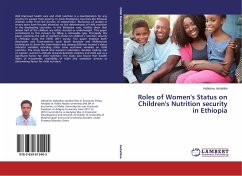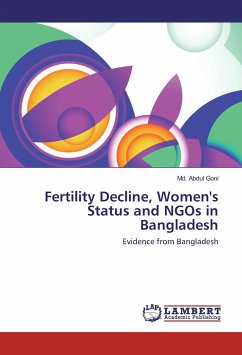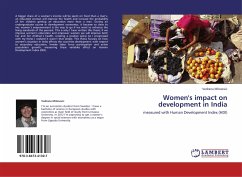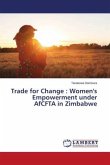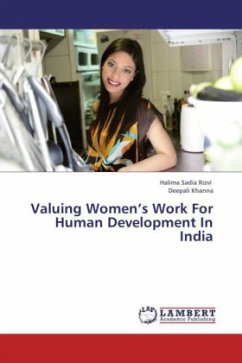Infant Mortality Rate, a measure of child survival is considered to be one of the strongest indicators of a country s well being as it reflects the Socio-economic and Environmental conditions in which children live including their health care. Reducing IMR is one of three main indicators which as been used to monitor child health under MDG. Particularly in India since more attention is being given to women education, women employment since there is a positive impact of these factors on the status of the child in general and IMR in particular. The educational level, employment status and age at marriage are the three variables considered to represent the status of women and were ran against IMR to know the relationship at national as well as regional level. Evidence is presented of a inverse relationship between the status of women and IMR. The present study shows that it makes a different whether we use relative are absolute measure s of women s status, and it shows that in additions to women s educational status of the dimensions of women particularly are economic status whether she is employed, her autonomy are also important predictors of IMR.
Bitte wählen Sie Ihr Anliegen aus.
Rechnungen
Retourenschein anfordern
Bestellstatus
Storno

